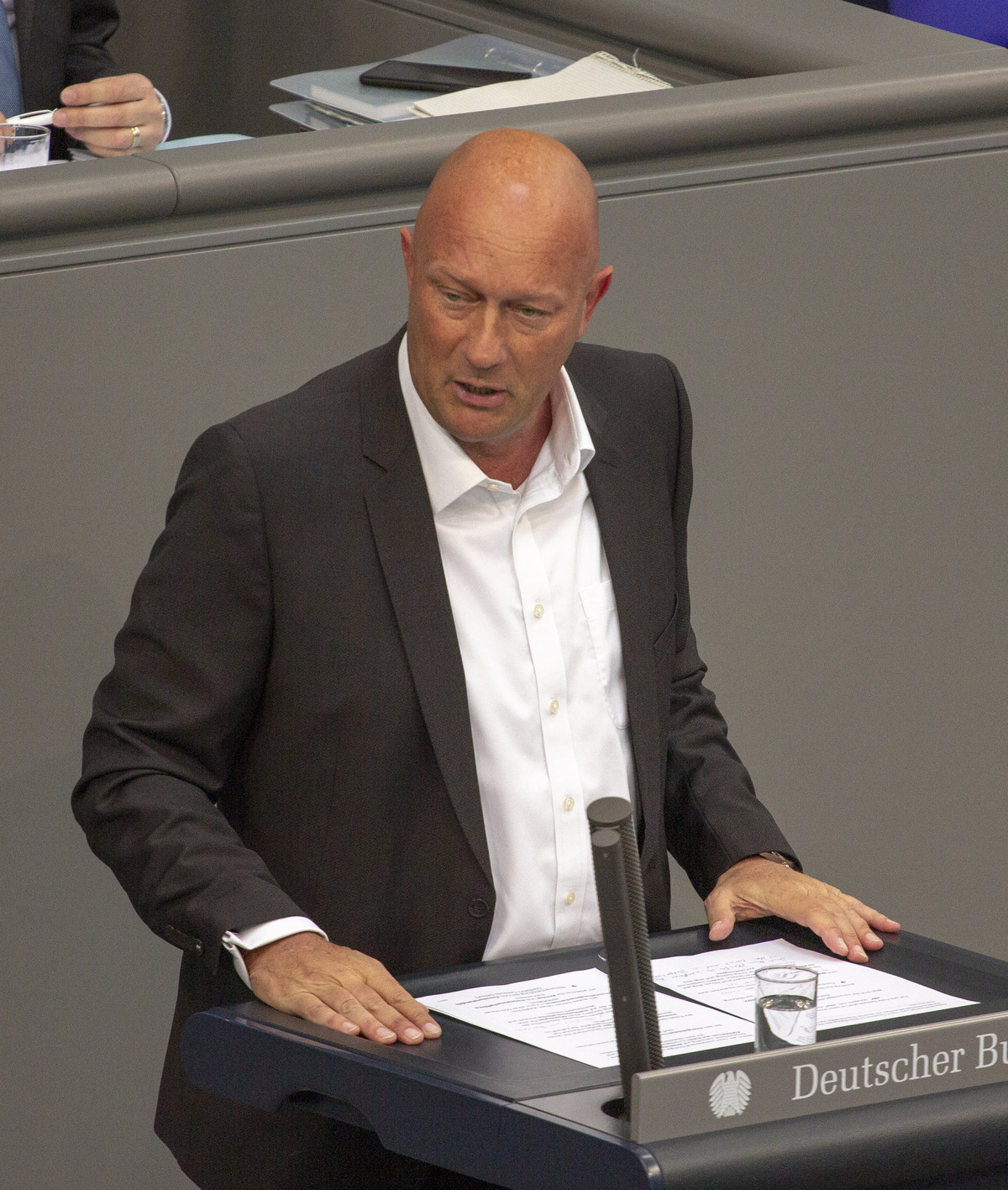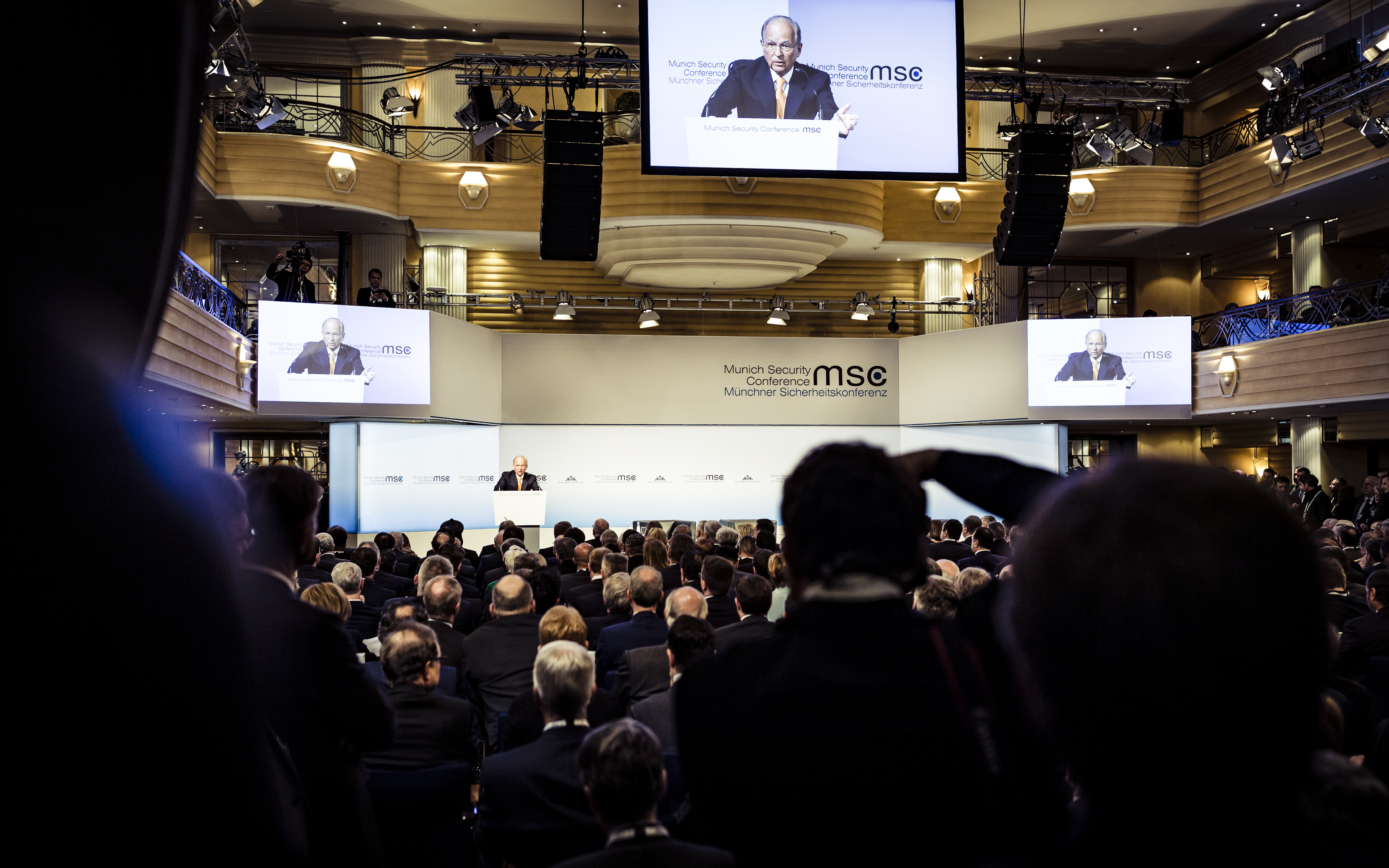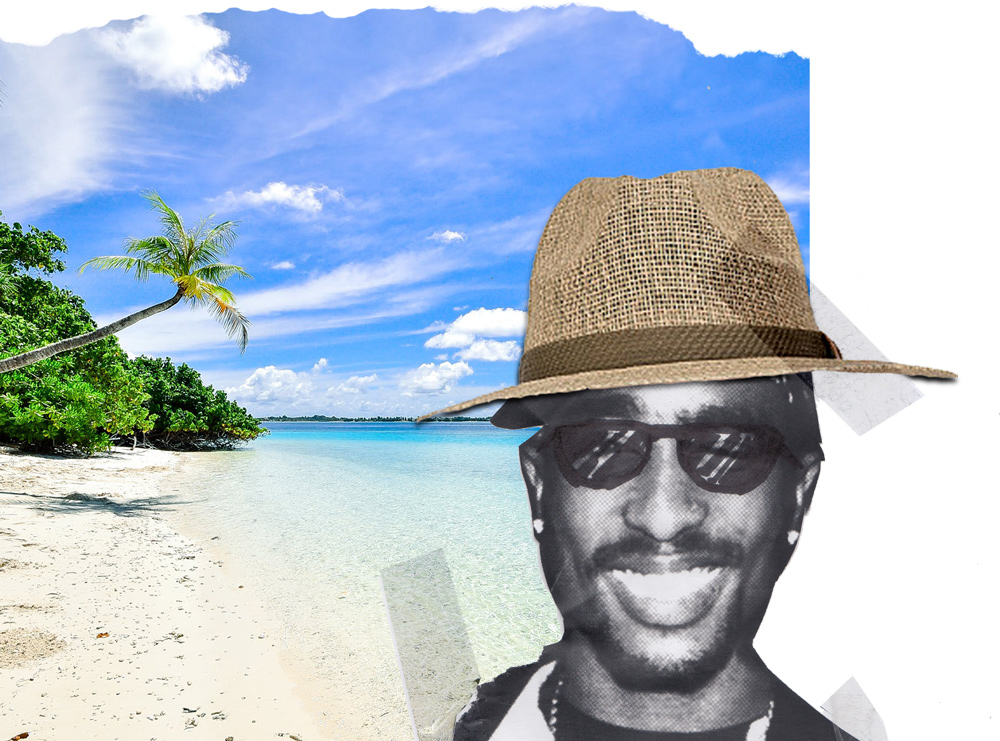German State Premier of Thuringia Thomas Kemmerich resigned one day after being elected amid outrage over being elected with the help of the far-right Alternative für Deutschland (AFD), according to BBC.
Kemmermich said he would apply for the regional parliament to be dissolved in response to the thousands of protestors venting their dismay at the vote outcome by taking to the streets of Berlin, Frankfurt, and Erfurt according to Times of Israel.
A picture of Kemmerich shaking hands with AFD parliamentary party leader Bjoern Hoecke, labeled the handshake of shame, was shown throughout the front pages of several German newspapers.
On social media, people have been comparing the picture to Adolf Hitler shaking hands with German president Paul von Hindenburg in 1933, the year Hitler became chancellor.
Although the AFD has been able to gain influence when a mainstream political party accepted its support, it reminded the Germans of the country’s atrocities of World World II. German Chancellor Angela Merkel said the Thuringia vote needed to be reversed and insisted her party, the Christian Democratic Union, cannot tolerate the anti-Islam and anti-immigrant right wing nationalists.
Despite the chancellor’s criticism towards the AFD for being a right wing nationalist group, Portland State Political Science Professor, Melodi E. Valdini, who specializes in European politics, said Germany is not particularly left-wing.
“In fact, the center-right party the CDU-CSU has won a plurality of legislative seats, and thus held the office of Prime Minister for the past several elections,” Valdini said.
Merkel was quoted as saying that the controversy was “a bad day for democracy.” Both the Social Democratic Party and the Christian Democratic Union of Germany held crisis talks in Berlin on Feb. 9.
The AFD has been compared with other right-wing nationalist movements, such as Brexit in the United Kingdom, the Party for Freedom in The Netherlands and the election of President Donald Trump in the United States.
“I don’t think that the German population is unique in their discomfort with the extreme right,” Validini said. “In almost all of the democracies in the world, the majority of citizens are uncomfortable with the far-right and the far-left.”
“People tend to like middle ground, so extremist parties rarely get substantial voter support. And further, parties on the far-right often engage themes of xenophobia and anti-Semitism in their party platforms, and most voters are uncomfortable with that.”
How far-right is AFD?
BBC reported the party openly focuses on Islam and migration which has been compared to the Nazi platform, as AFD co-chairman Alexander Gauland sees Islam as alien to German society.
Gauland also referenced famous German football player Jérôme Boateng with Ghanian descent in what was seen as an anti-Semitic tone, according to BBC.
“[Germans] like him as a football player,” Gauland said. “But they don’t want to have Boateng as their neighbour.”
BBC also reported that AFD’s success challenges Merkel’s decision to let in around 1.3 million undocumented migrants and refuges from countries in the Middle East. Former AFD leader Frauke Petry once told the police to shoot illegal migrants “if necessary.”
Alice Weidel, an economist and one of a small number of women in prominent positions in the party, argued that the AFD is not homophobic because of her presence as a top candidate in the party.
While the AFD once suggested that the European Union’s external border must be completely shut for illegal immigrants and Schengen visas limited, the likeliness of this actually becoming a reality for Germans remains unknown.






